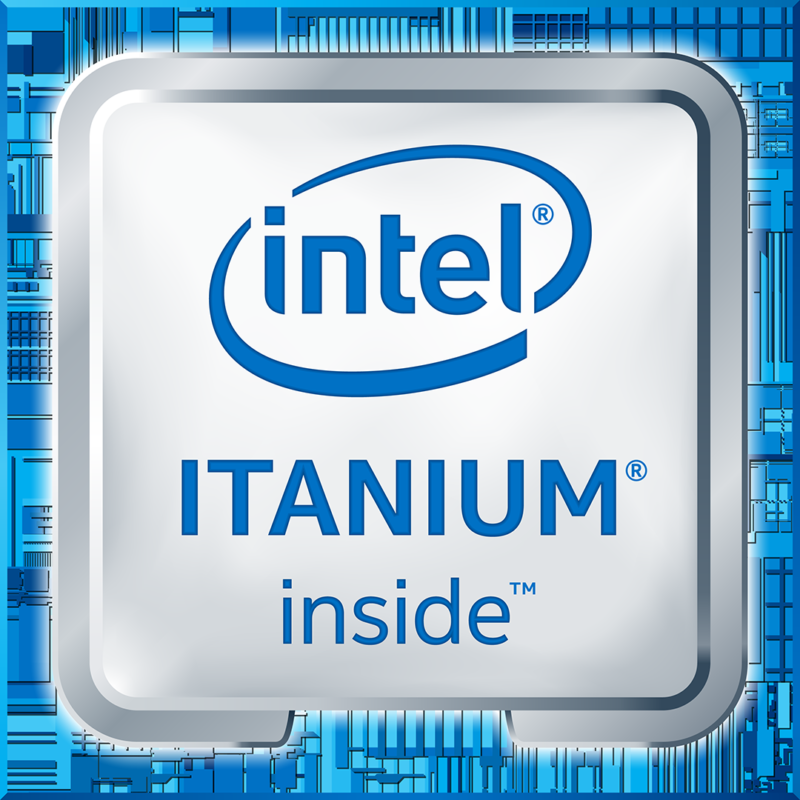
Officially, Intel's Itanium chips and their IA-64 architecture died back in 2021, when the company shipped its last processors. But failed technology often dies a million little deaths. To name just a few: Itanium also died in 2013, when Intel effectively decided to stop improving it; in 2017, when the last new Itanium CPUs shipped; in 2020, when the last Itanium-compatible version of Windows Server stopped getting updates; and in 2003, when AMD introduced a 64-bit processor lineup that didn't break compatibility with existing 32-bit x86 operating systems and applications.
Itanium is dying another death in the next version of the Linux kernel. According to Phoronix, all code related to Itanium support is being removed from the kernel in the upcoming 6.7 release after several months of deliberation. Linus Torvalds removed some 65,219 lines of Itanium-supporting code in a commit earlier this week, giving the architecture a "well-earned retirement as planned."
The first Itanium processors were released in mid-2001, the result of years of collaboration between Intel and HP. The initial designs were made for servers, where their parallelized design would (theoretically) be able to speed things up by executing multiple instructions simultaneously. From there, the instruction set would eventually migrate into lower-end servers and then to consumer PCs.
But Itanium suffered from its slow execution of 32-bit x86 code, making for a disruptive transition. When AMD stepped forward with a 64-bit extension of the x86 instruction set that could address more RAM and execute existing code well, it proved so alluring to server and PC makers that Intel had to adopt and support AMD's x86 extensions instead.
The removal of IA-64 support from Linux kernel 6.7 doesn't fully end Itanium support in Linux. The just-released kernel version 6.6 is a long-term support (LTS) release, meaning that it should be maintained and supported for many years to come. This kernel version still supports Itanium. It doesn't address one of the problems that led to the removal of Itanium support in the first place, though—the fact that it isn't being widely tested or maintained. Itanium support in an earlier version of the Linux kernel was broken for several weeks in early 2021 before somebody noticed.
On the hardware side, Hewlett-Packard Enterprise will continue to support its last Itanium-based servers until 2025.
Itanium isn't the only Intel processor facing the chopping block in Linux. Recently, Torvalds and other kernel maintainers discussed removing support for Intel's 80486 processors, first introduced in 1989. So far, that doesn't appear to have happened.
reader comments
135 with